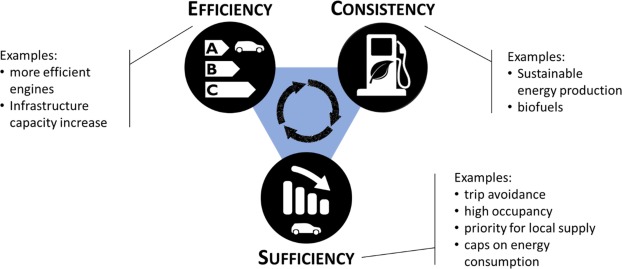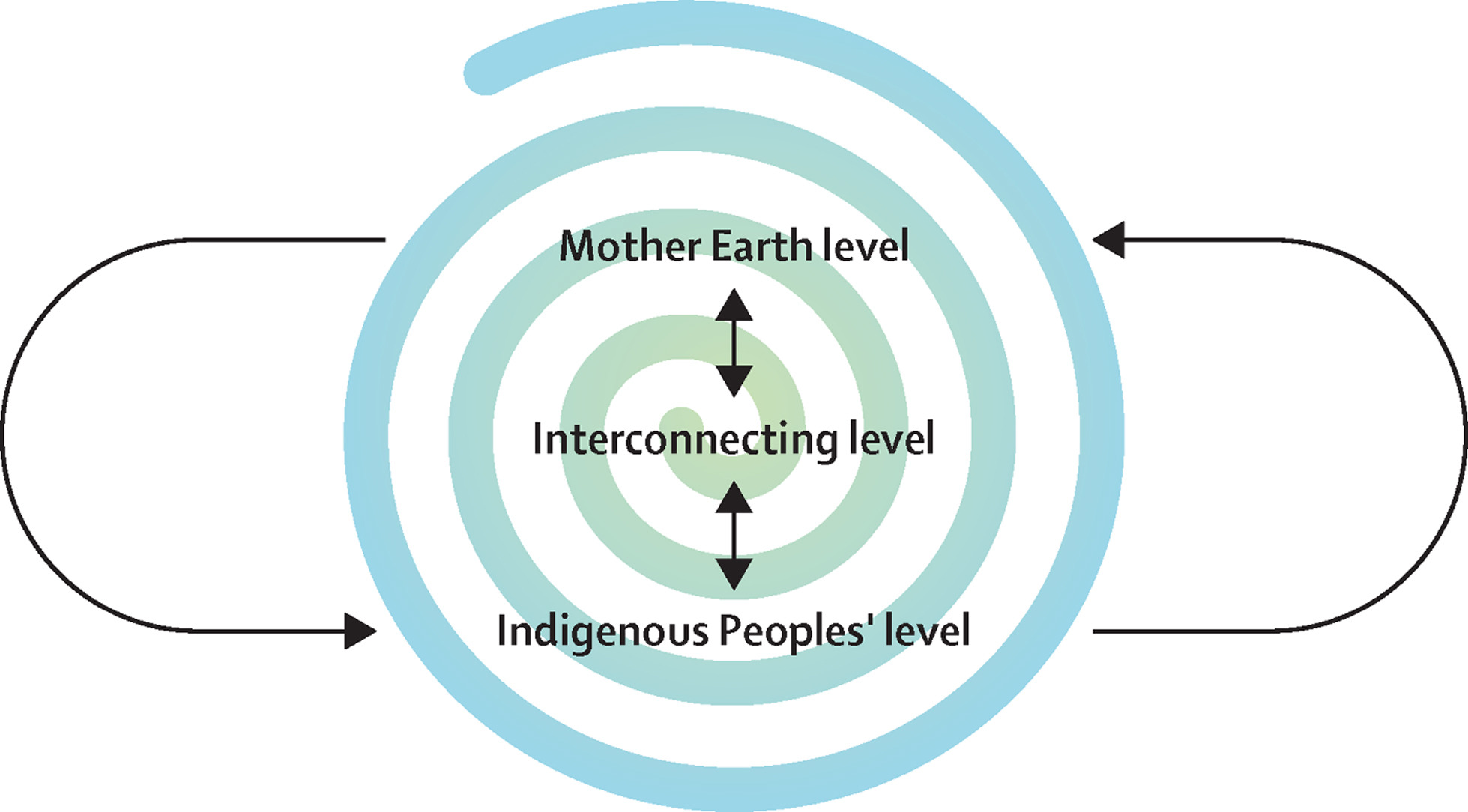Elsevier,
Transportation Research Part D: Transport and Environment, Volume 103, February 2022
Transport emissions play a large role in climate change. Unfortunately, measures to address this risk creating inequalities in access to mobility. This article proposes policy recommendations to reconcile these two problems.
Elsevier,
Blood, Volume 139, 17 February 2022
To date, most cancer clinical trials exclude all HIV-infected patients. The HIV Working Group has defined important principles related to eligibility criteria for HIV-infected patients with cancer. Notably, patients with CD4 count $350/mL should generally be eligible for any study, whereas lower CD4 count may be appropriate in the setting of second-line and later cancer therapy, assuming cART is carefully managed. All these studies will require multidisciplinary efforts.
Elsevier,
One Earth, Volume 5, 18 February 2022
To address the dual challenges of water scarcity and global climate change mitigation goals, China has committed to carbon neutrality by 2060 combined with strict water use restrictions. Modeling suggests that transitioning to carbon neutrality will potentially reduce industrial water use by a quarter in China.
Elsevier,
The Lancet Planetary Health, Volume 6, February 2022
A Personal View on the determinants of planetary health from the perspective of Indigenous peoples, in the context of SDGs 15 and 17, focusing specifically on identifying determinants that are integral to the health and sustainability of the planet.
Elsevier,
Forest Ecology and Management, Volume 506, 15 February 2022
This paper examines a Native Hawaiian led effort to redress the removal of Indigenous Peoples from ancestral lands. This demonstration provides an important example of how biocultural strategies can achieve landscape restoration in Hawaiʻi. We outline how the Pu‘uwa‘awa‘a Community-Based Subsistence Forest Area is approaching common dryland restoration goals.
Elsevier,
The Lancet, Volume 399, 12 February 2022
A Comment on improving the health of Artic Indigenous peoples, in the contexts of SDGs 3, 10, and 15, focusing specifically on the launch of a Lancet Commission that aims to present recommendations for addressing health disparities and key challenges in this community and to identify pathways for change.



